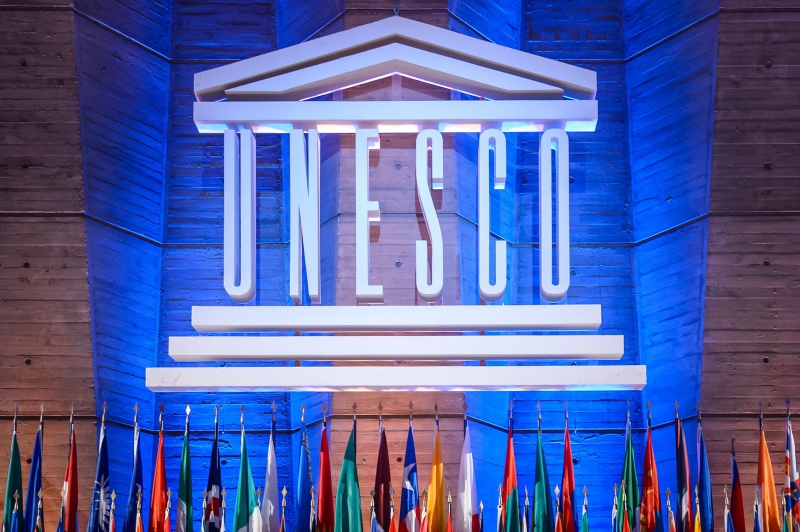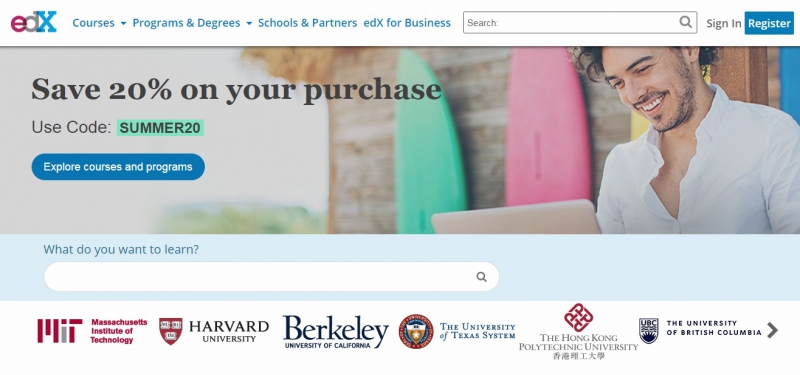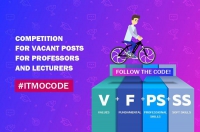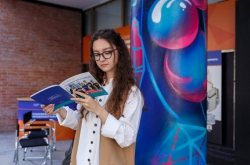Open Educational Resources
The term “open educational resources” was first used at the UNESCO Forum in 2002. The international organization defines OER as “any teaching, learning and research materials that reside in the public domain or have been released under an open license that permits no-cost access, use, adaptation and redistribution.”
In recent years, UNESCO’s educational branch was engaged in the monitoring and analysis of educational practices used by the member states, as well as supporting the development of national OER policies. UNESCO’s goal is to encourage decision makers in governments and educational institutions to invest in the systemic production, use, and promotion of open educational resources. As the organization notes, the use of such resources in higher education improves the quality of education and teaching while reducing costs. UNESCO aims to:
- strengthen the potential of all interested parties in the field of education for the creation, ensurement of accessibility, use, adaptation, and propagation of OER;
- develop stimulating national policies aimed at the development of OER;
- provide effective, inclusive, and fair access to high-quality OER;
- assist in the creation of OER sustainability models;
- assist international collaboration.

All of these goals coincide with UNESCO’s Sustainable Development Goal 4, which calls for the international community to provide inclusive and equal education and to encourage opportunities for lifelong education of all.
Recommendations for the world: from global goals to detailed plans
In 2012, the Paris OER Declaration, a set of recommendations for UNESCO member states, was adopted at the 2012 World Open Educational Resources Congress. In this document, the organization calls on the governments to strengthen the development of strategies and policies on OER, assist the sustainable development of high-quality educational materials, establish infrastructure in the field of ICT, and support research and the propagation of open educational resources. In 2017, during the Second World OER Congress in Ljubljana, experts once again discussed solutions to issues related to the integration of OER into national education systems, and identified the best practices.
“This year, experts and delegates from UNESCO member states met to consider revisions to the Recommendation concerning Open Educational Resources (OER). And while the Ljubljana version comprised a list of general recommendations, this time around our work involved in-depth discussion of many aspects. The previous documents only considered the activities of organizations that function in the fields of science and education; this year, a major section was added that focuses on research projects that may be published in open repositories, both in the field of OER development and other scientific fields. This year’s document is an in-depth, detailed plan of action,” explains Yulia Romanenko, an assistant at ITMO University’s Institute of International Development and Partnership.

Together with Nikolay Khaustov, a delegate of the Russian Federation to UNESCO, she represented Russia among the experts involved in working on the new Recommendation. As Ms. Romanenko notes, ITMO University is a major participant in the initiative and there is a reason for its inclusion in the creation of recommendations on international educational resources.
The University consolidates the best online courses from some of the country’s top universities at the openedu.ru online platform, collaborates with international services, makes its online courses available on websites such as edX and Coursera, and actively participates in Russian and global conferences on the development of OER. In addition, the staff of ITMO University strive to improve digital literacy as part of the Digital Culture course.
Among the expert team were staff members of diplomatic missions, legal experts, and OER specialists. The meeting was chaired by Trudi van Wyk, the chief director for social inclusion, access, and quality at the Department of Higher Education and Training of South Africa. Other experts included the representatives of universities from Eastern and Western Europe, Africa, and China involved in the development of online courses and promotion of these programs on the global scale.

Experts from Russia, Germany, Morocco, China, and Mexico were among the session’s most active participants, notes Yulia Romanenko. Their task was to develop the recommendations in such a way that they would not be in conflict with the national policies and laws of specific countries. They also expanded the list of recommendations with those that were relevant to individual countries.
“We were provided with a draft of the Recommendation, which is the result of UNESCO’s long years of work together with Creative Commons. The latter had conducted a massive study on the development of OER in the world in order to learn about the different countries’ progress in this area. Thanks to that, we were working with the results of a major study and the document created based on that data. Our objective was to revise certain parts in order not to clash with any national policies, as well as to add sections on topics of high priority to individual countries and to emphasize topics important to us,” Yulia Romanenko tells us.
All in all, a variety of issues were brought up during the expert session, including: digital literacy, inter-government, global, and regional partnership in the field of OER development, the introduction of assessment and evaluation of OER results in educational programs, the lack of OER research, the quality of content and creation of quality control mechanisms, the development of ICT and AI and their use in OER development, and more.
Future prospects and development
The final document, complete with expert recommendations, will be assessed and adopted at the upcoming 40th Session of the General Conference of UNESCO, set to take place in November of 2019.
As Ms. Romanenko points out, the development of OER is a top priority for Russia and its leading universities, including ITMO University, because it creates the opportunity to promote education on a global scale, as well as to exchange experience and best practices with a large pool of global partners.
“The development of OER strategies helps make educational resources more open and accessible. On a global scale, the recommendations aim to provide an increasing number of people with free education in a comfortable format. Secondly, there is yet to be an open policy on education among different governments; the sides are reluctant to share their technologies and methodology. This meeting may serve as the stimulus for further transparency and development of collaboration between countries in the field of OER development. I’ve been able to meet a great number of international experts who are interested in partnership and the exchange of experience,” concludes Yulia Romanenko.





